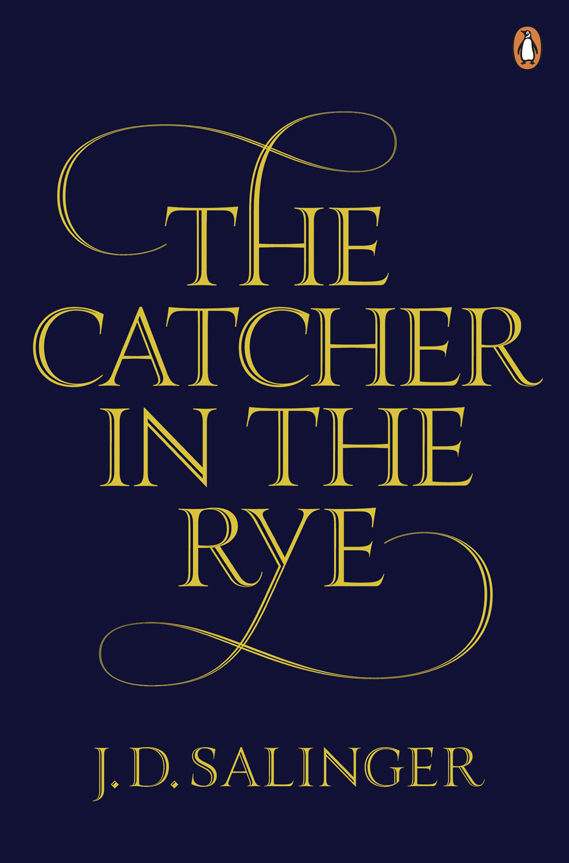

The Issaquah board members who voted to ban the book were quickly recalled, but not before the community attracted its 5 minutes of unwelcome fame.

Optional High School reading list'ê too. Unified School District (1993) because it is 'centered around negative activity' 'ê and 'êemoved by a Dorchester District 2 school board member in Summerville, SC (2001) because it 'is a filthy, filthy book.' 'ê And, oh yes, as we already know, it was 'êemoved from the Issaquah, Wash. public school libraries (1992) because of profanity, lurid passages about sex, and statements defamatory to minorities, God, women, and the disabled.'ê The book was also 'êhallenged as required reading in the Corona Norco, Calif. The ALA reports that it was 'êhallenged in the Waterloo, Iowa schools (1992) and Duval County, Fla. In the eye of the right beholder, it turned out to be anti-almost everyone. In 1963, a delegation of parents of high school students in Columbus, Ohio, asked the school board to ban the novel for being 'anti-white' and 'obscene.' 'ê was fired for assigning the book to an eleventh grade English class.The teacher appealed and was reinstated by the school board, but the book was removed from use in the school.
#Salinger the catcher in the rye series
'êSince its publication,'ê the American Library Association (ALA) says on its website, 'ê has been a favorite target of censors.'ê The site then lists a long series of bannings and attempted bannings from 1960 to 2001. Chapman then removed his copy of Catcher in the Rye from his pocket, signed by Lennon earlier that morning, and tried to read it.'ê Catcher in the Rye gained even more notoriety in 1981 when Mark Chapman approached John Lennon on the steps of the Dakota Hotel, New York and shot him five times killing him. As well as containing 'vulgar and obscene language', drunkenness, prostitution, delinquency and references to sex it has also been accused of being: 'anti-white' (1963 - Columbus, Ohio), being part of a 'communist plot to gain a foothold in schools' (1978 - Issaquah, Washington). 'êWhat makes especially interesting,'ê the BBC observed in 2003, 'êis that it has been banned in many countries at one time or another and still remains on the banned list in areas of the USA. Information Service as 'êone of the 12 post-World War II American novels most likely to last,'ê'ê Pamela Hunt Steinle writes in In Cold Fear, 'êby 1981 Catcher had the dubious distinction of being at once the most frequently censored book across the country and the second most frequently taught novel in the public schools.'ê Despite the profanity and sex, it's also hard to see why a relatively tame book of that vintage kept provoking adult outrage long after sex and drugs and rock-and-roll became integrated into the adolescent lifestyle. It seems remarkable that a novel presumably based partly on Salinger's own prep school experience before World War II has spoken so strongly to kids growing up generations later, and just as strongly - albeit in different ways - to people who worried about those kids' moral development. No problem: 'êthe boy grasped it to his heart as his father had, as the Rough Guide to his experience.'ê Recalling Salinger in The New Yorker, Adam Gopnik writes about a man in his 40s who loved Catcher in the Rye but feared that his own son would find the milieu too distant to connect. I also thought of book banning - that peculiarly American pastime in which Catcher has played such a prominent part since the mid-20th century - which figured significantly in my adolescence, too. Salinger had died, I remembered Holden Caulfield, the alientated teenage narrator of his 1951 novel, The Catcher in the Rye, riding in a cab through Manhattan - a key literary image of my own adolescence (although of course the book's appeal lay not in its images but in its attitude).


 0 kommentar(er)
0 kommentar(er)
